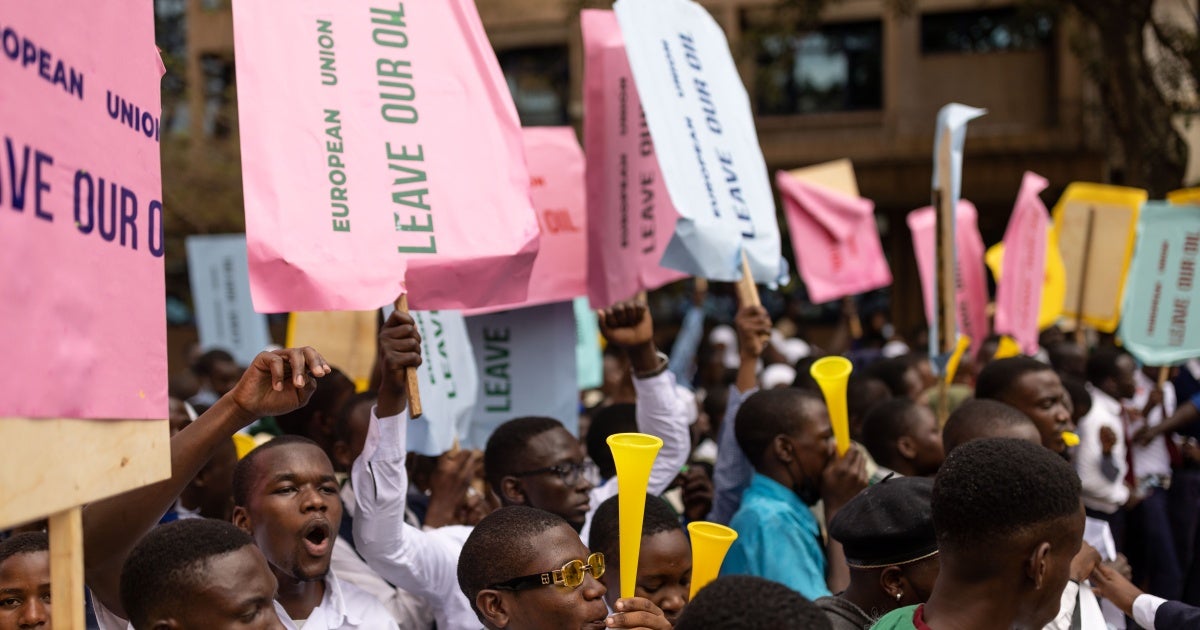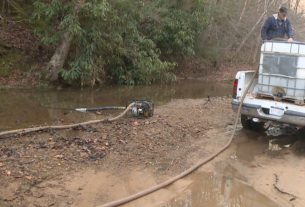Tomorrow, eleven Ugandan students will appear before a Kampala court for their activism against the planned East Africa crude oil pipeline (EACOP), one of the largest fossil fuel infrastructure projects currently under development globally. This is the latest in a series of harassment, threats, and arbitrary arrests against EACOP protestors.
These trials are part of a deeply concerning escalation of threats against human rights defenders in Uganda, particularly those raising concerns around oil development.
Police arrested the students last year, and according to media reports, beat them before remanding them to a maximum security prison. They are charged with the colonial era “common nuisance” offense, which Ugandan authorities have used to suppress legitimate protests.
Activists in Uganda oppose EACOP because of the risks it poses to the environment, local communities, and its potential contribution to climate change. And its construction coincides with a growing consensus amongst experts, including from the Intergovernmental Panel on Climate Change, that there cannot be any new fossil fuel projects if the world is to limit the worst impacts of climate change.
Last month, the United Nations Special Rapporteur on Human Rights Defenders Mary Lawlor urged Ugandan authorities to “change course,” highlighting that “a pattern is emerging from Uganda, in which students peacefully advocating for the protection of human rights and the mitigation of climate change are violently arrested and criminalized.” Earlier this year, Lawlor and other UN Special Rapporteurs expressed grave concerns for the “violent arrests and alleged arbitrary detention of human rights defenders advocating for a just transition from the use of fossil fuels” in Uganda.
Last year, Human Rights Watch released a report documenting the Ugandan government’s crackdown on anti-fossil fuel activists and environmental defenders. The report documented harassment, threats, and arbitrary arrests of protesters lawfully raising concerns over EACOP’s potential contribution to climate change. It followed an earlier HRW report which documented violations related to EACOP’s land acquisition process, including inadequate compensation for landowners, and undue pressure, intimidation, and threats of legal action against those who rejected compensation offers.
People have the right to protest peacefully about a planned pipeline that poses grave environmental and human rights risks. The Ugandan authorities should drop charges against the student activists and stop their campaign of harassment against human rights defenders.



